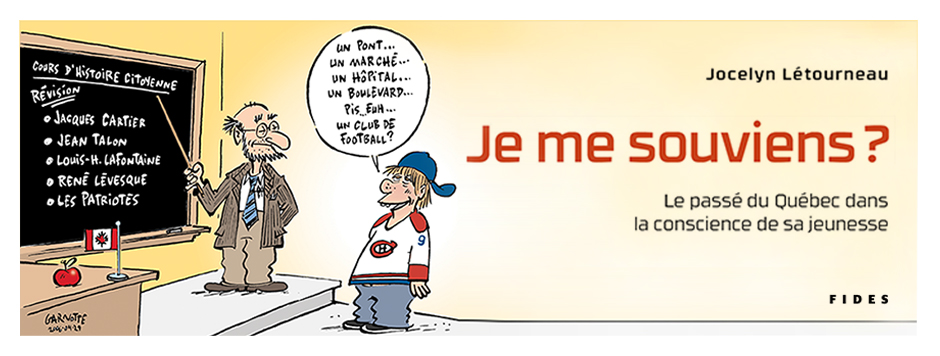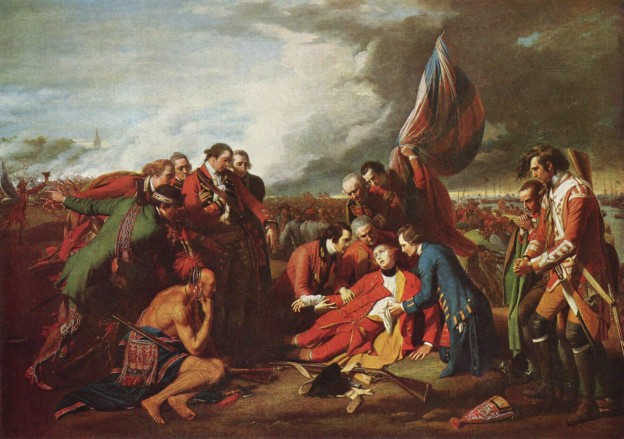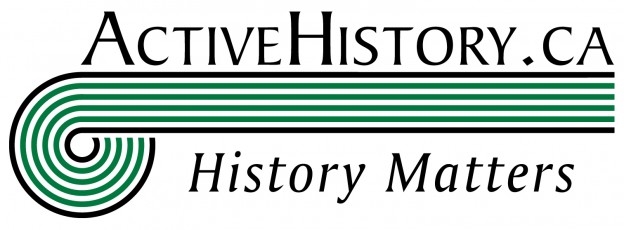
7th Graders and Their Pasts: A New Brunswick Case Study
Cynthia Wallace-Casey
University of New Brunswick
Abstract
This research presents findings from a case study that involved an entire class of Anglophone 7th grade students in New Brunswick. It expands upon the scholarly work of Canadians and Their Pasts as well as current research surrounding historical consciousness in Canada. The data provides a rare micro glimpse into the ways in which Anglophone youth in New Brunswick are currently engaging with the past. It also reveals some of the collective memory narratives students employ when remembering New Brunswick’s (as well as Canada’s) past. The findings present several points for consideration by both educators and public historians in this province.
1 0
Dans: Articles




